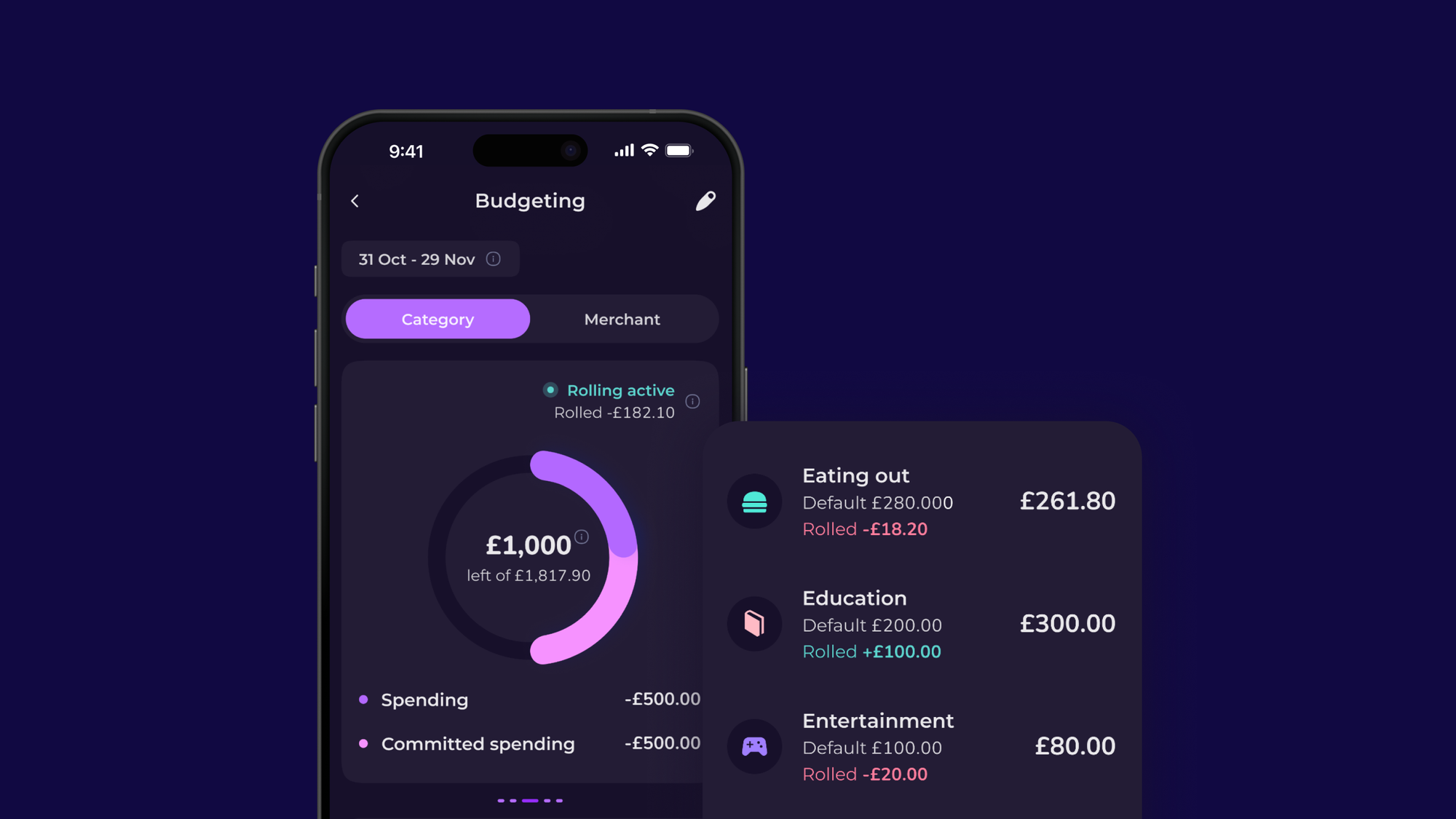FEATURED ARTICLE
How to find work as a freelancer in UK

Edoardo Moreni
July 24, 2017 •4 min read
TABLE OF CONTENTS
Build a portfolio
Make your own website
Begin the search
Waste your time on freelance websites
Twitter
Facebook
Quora
Be smart and sell
In other words
After writing about the reasons why you should freelance at Uni, a reader requested this post, which is going to be more focused on my experience. Finding work as a freelancer can be tough, but if you know how to play, it will be game changing. You want to be in a position where you are turning down work because you are too busy. This is the sweet spot, where you can also negotiate a higher price. If you don't have anything, you will accept everything.
Build a portfolio
I started freelancing with the company I worked for over the summer. It was a small sized startup, so for them, it was good to keep me in the loop. Do not expect to have Google asking you to freelance after your three months internship. Google gives you the leverage to say to your client you have worked there.
If you don't have any of these, build a portfolio. This can be work you are doing for your own, which you can show to your first client. The rule applies for any type of freelancing you are doing, even translations. If you don't have a "history", it will be difficult to make a decision based just on your name.
For example, if you want to go into app development, just build a few apps and release them on the App Store. The same applies for websites, social media or even content marketing.
Make your own website
People will need a way to find you and your work, so a website is the thing you need from day one. This is the place where you want to show your portfolio, contact details and even your face to give it a personal touch. If you can also put the effort of starting a blog on the side, where you document your work and new findings, that's a plus. The more you write, the more material your client will have to look into you.
Begin the search
With a website, you can start looking for freelance work. If you already know someone, or have a network, ask around and see if they are looking to get some work done. This is the first step, leverage your network. It can even be worth to send a few emails around to some potential clients. For website and app development, this is super easy, because you can check on the spot if they really need it.
80% of the time this won't work. Why? You are cold emailing people, so there are 59% of chances they think you are a scam. However, it's part of the "I am trying to build a network" process which you have to endure. A no today doesn't mean a no tomorrow. The good thing is those businesses now know you are available.
Waste your time on freelance websites
This is a total waste. There are tons of sites out there and most of them can just make you waste time and money. The reason behind this is freelancing has become a trend, especially in countries where work is cheap. You might end up competing for bad work with people who ask for $5 dollars per hour, if not even $1. You really don't want to be in this position. However, this is one of the many steps you need to take to learn. I picked a job from UpWork once, while I was competing with a guy from India who was offering 50% less. The job was the worst I ever had, including the price.
On the other hand, there are also some elite sites, where companies like Airbnb or Google give work to freelancers. This is not the first place where you want to go, unless you are extremely good and have 5+ years of experience in something.
If you want to become a good freelancer in your niche, you also have to build your own brand. Twitter is the least place you could think of and I am not sure it does work for everyone. What I know I managed to get a job with one single tweet. The outcome was equivalent to a year of living costs. This is a great place to connect with your future clients, share some updates, follow other good freelancers and keep up with the trends.
For me, Facebook was another source of income. I managed to get a few conversations started because I was part of a group that talked about the technology I was freelancing in. If I had to hire two freelancers for an X technology, I would look where they are most likely hanging out. I still think I was lucky, but I am one, the world is big, so chances are you will have a similar experience.
Quora
If you don't know what Quora is, there is a problem. This is a questions and answers site started by Facebook's first CTO, Adam D'Angelo. Quora is packed with questions about all the topics you can think of. This is the place where you can show off and shine by answering questions relevant to the work you are doing. In my case, I made sure I was the top 1 "writer" in the technology I was working with. Why is this useful? It gives you leverage, which is what you are looking for. I also managed to get a job from there.
Be smart and sell
I was working in React Native, which is a technology that helps building apps faster. This is the same technology we are using to build Emma. When it came down to point 2, I didn't make my own website, I just bought the domain name reactnativeapps.com. An investment of £10 gave me a return that is not even comparable. This was followed by creating Facebook and Twitter accounts for React Native Apps.
You need to be smart and sell. Being good is one thing, being smart is another. If you are not capable to sell, but you are incredibly smart, freelancing might not be your thing. The guy who knows less than you, but can sell more, we'll always be one step ahead. That's why a top elite freelance website, like toptal, can work really well for people who can't sell. The entry level is challenging, since you need to pass a set of interviews, but the work you get is extremely well paid.
In other words
There are dozens, if not hundreds, of ways to get work as a freelancer. These were the channels I experimented and worked well. You just need to be smart, iterate, try again and get what you want. My only regret is not starting to freelance in my first year of University. I would have been able to pay for all the living costs and also buy a small flat in Manchester; which is definitely a good reason to start freelancing today. :)
You may also like
Check out these related blog posts for more tips
© 2025 Emma Technologies Ltd. All Rights Reserved.
Emma is registered and incorporated in England and Wales.
Emma Technologies Ltd is an appointed representative of RiskSave Technologies Ltd, which is authorised and regulated by the Financial Conduct Authority (FRN 775330).
Payment services (Non MIFID or Deposit related products) for Emma Technologies Ltd are provided by The Currency Cloud Limited. Registered in England No. 06323311. Registered Office: Stewardship Building 1st Floor, 12 Steward Street London E1 6FQ. The Currency Cloud Limited is authorised by the Financial Conduct Authority under the Electronic Money Regulations 2011 for the issuing of electronic money (FRN: 900199). For more detail on how your money is protected please see here. You can also find Currency Cloud's Terms of Use here.
Emma Technologies is an Introducer Appointed Representative of Quint Group Limited and not a lender. Quint Group Limited is authorised and regulated by the Financial Conduct Authority (Firm Reference Number 669450). Monevo Limited is an Appointed Representative of TransUnion International UK Limited. TransUnion is authorised and regulated by the Financial Conduct Authority (Firm Reference Number 737740). Emma Technologies introduces customers first to Quint Group Limited, as a licensed credit broker, who then refers on to Monevo Limited.
Emma is registered with the Financial Conduct Authority under the Payment Services Regulations 2017 for the provision of payment services.
Financial Conduct Authority Reg Nr: 794952.
Company Registration Number: 10578464.
Data Protection Registration Number: ZA241546.
All testimonials, reviews, opinions or case studies presented on our website may not be indicative of all customers. Results may vary and customers agree to proceed at their own risk.
Resources: Cancel subscriptions, Cashback offers, Who charged me, Rent Reporting, Budgeting, Investment universe, Emma vs Moneyhub.
Featured cashback offers: Samsung, SimplyCook, NordVPN, Audible, M&S Homeware.









